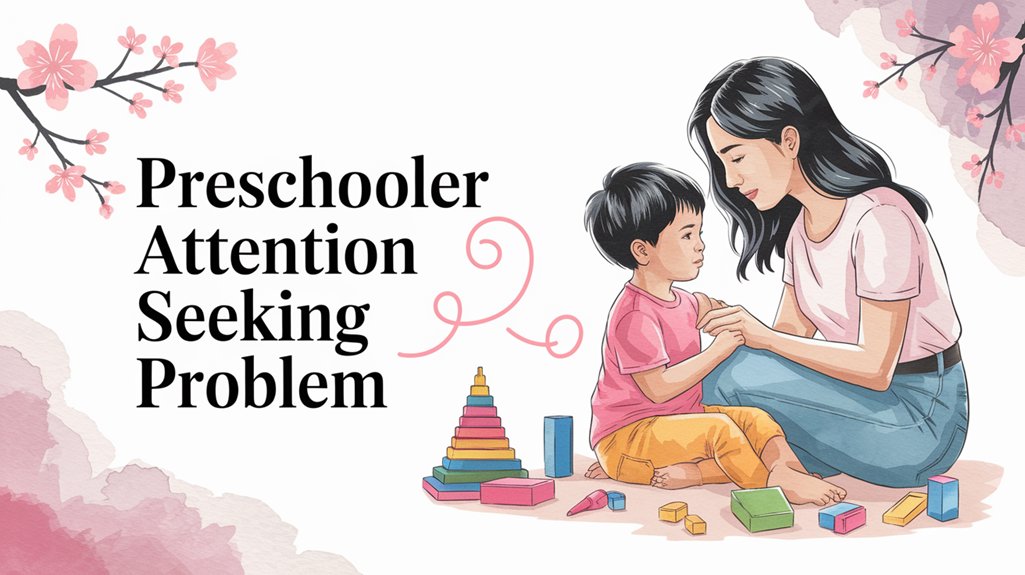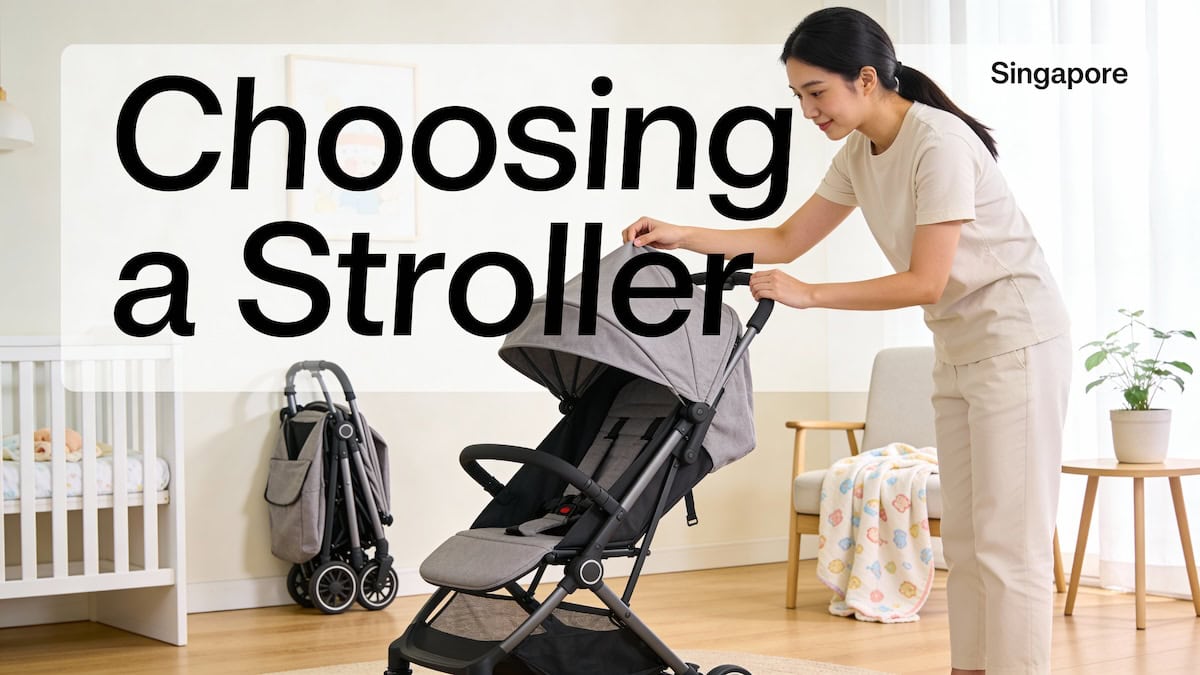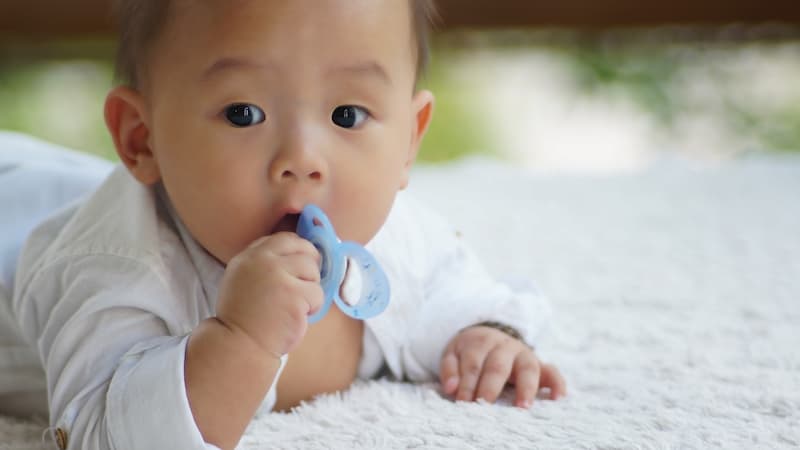Dealing with a preschooler attention seeking problem can challenge even the most patient parent. When your child constantly interrupts, needs ongoing engagement, and seems unable to play independently—especially when you add a newborn to the mix—it can feel overwhelming. Many parents face these challenges and wonder how to meet everyone’s needs while maintaining their own wellbeing.
A Parent’s Concern
“Since welcoming my second child three months ago, I’ve been struggling more and more with my 4-year-old daughter’s behavior. Having been diagnosed with attention difficulties myself, I see familiar patterns in her that worry me.
My daughter talks non-stop throughout the day—sometimes so rapidly she loses her breath. During conversations with others, she repeatedly calls our names and interrupts until we stop everything to focus on her. When we ask her to wait her turn, she simply continues until she gets what she wants, often forgetting what she wanted to say in the first place.
Sitting still seems impossible for her. Mealtimes involve constant getting up and down, and she abandons activities after just minutes—even ones she loves. Story time rarely lasts beyond a page or two before she’s closing the book and moving to something else. What amazes me is that even after hours at the playground or swimming, activities that would exhaust most children, she’s still bouncing with energy.
The hardest part is her inability to play by herself. She asks to play with me dozens of times daily, even when we’re already playing together! I enjoy imaginative play, but after hours of it, I’m completely drained. When I gently explain that adults need short breaks too, she becomes even more persistent.
When I mentioned my concerns to her doctor, I was told to wait and see how she does when she starts school. But I’m worried about our relationship now. I catch myself becoming irritated when she starts talking, and I feel guilty about not enjoying our time together the way I used to.
Family visits have become stressful as I notice others becoming overwhelmed by her intensity. Bedtime routines are particularly difficult as she struggles to wind down. With a new baby to care for as well, I worry I’m not meeting either child’s needs properly. I don’t want my daughter to face the same challenges I did growing up without the right support.”
Our Parenting Guidance
First, take a deep breath. Your awareness of your child’s preschooler attention seeking problem and your desire to help shows how much you care. Many parents face similar struggles, and there are practical strategies that can help both of you thrive.
Understanding Your Child’s Needs
Children who display high energy levels, difficulty focusing, and constant movement often have unique sensory and stimulation needs. Rather than seeing these behaviors as problems to fix, we can view them as information about what your child’s body and brain require to function at their best.
Your daughter’s behaviors—constant movement, talking, attention-seeking, and difficulty with transitions—may indicate she needs:
- More physical outlets for her energy
- Clear structure and boundaries
- Sensory regulation support
- Social interaction with peers
- Consistent sleep routines
Creating a Supportive Home Environment
Movement Opportunities Create space-efficient ways for physical activity even in compact HDB flats:
- Foam exercise mats that can be rolled up when not in use
- Soft play cushions that double as seating
- Balance boards or stepping stones that store under furniture
- Compact sensory bins with rice or beans
- Daily visits to your void deck, nearby park connectors, or public playgrounds
Visual Supports and Timers Children who struggle with transitions benefit from visual cues that help them understand what’s happening now and what comes next:
- Create a daily schedule with pictures
- Use timers that show time passing visually
- Give 5-minute warnings before activity changes
- Use visual cues for expectations during mealtimes or quiet time
Sensory Regulation Tools Help your child manage sensory needs with Singapore-friendly options:
- Lightweight cooling weighted blankets suitable for our climate
- Inflatable cushions for wiggly sitting that store flat
- Sensory toys from popular local stores like Kiddy Palace or The Better Toy Store
- A small “calm corner” using a floor cushion and portable screen divider
- Soothing activities like water play in the bathroom sink or shower area
Building Independence Skills
While it’s challenging for highly active children to play independently, you can gradually build this skill in your Singapore home:
- Start with very brief periods (2-3 minutes) where you sit nearby but don’t actively engage
- Use a visual timer to show when you’ll return to play
- Create compact “activity boxes” that can be stored in your HDB and brought out for independent play
- Praise specific independent play behaviors: “I noticed how you built that tower all by yourself!”
- Gradually increase independent play time as she experiences success
For a child who craves constant interaction, utilize Singapore’s excellent community resources:
- Visit your nearest Community Club for parent-child activities
- Join weekend programs at Gardens by the Bay or Singapore Botanic Gardens
- Explore free indoor playgrounds at shopping malls during weekday off-peak hours
- Check out library@orchard or library@harbourfront for their interactive children’s sections
Seeking Professional Support in Singapore
While your pediatrician suggested waiting until school age, you can access Singapore’s comprehensive resources now:
- Request a referral to KK Women’s and Children’s Hospital’s Child Development Unit
- Contact SPARK (Society for the Promotion of ADHD Research and Knowledge) for parent resources
- Join Singapore-based Facebook groups for parents of high-energy children
- Explore subsidized early intervention programs through SG Enable
- Visit polyclinics for initial assessments and specialist referrals
Singapore’s education system offers excellent support for diverse learning needs when properly accessed. Early intervention can provide your child with tools to manage energy and attention before formal schooling begins.
A Few Kind Reminders
Your feelings of overwhelm are normal and don’t make you a bad parent. Many parents—especially those managing their own mental health needs alongside parenting—experience moments of frustration.
Remember that your daughter’s behavior isn’t intentional or manipulative. Her brain is wired differently, and she’s doing the best she can with the skills she currently has. With your understanding and guidance, she’ll develop new skills over time.
Take care of yourself too. Even brief moments of self-care—a hot shower, a quiet cup of tea, or a few minutes of deep breathing—can help restore your patience. Accept help when it’s offered, and don’t hesitate to reach out to support services if you’re feeling consistently overwhelmed.
Most importantly, know that both you and your daughter will grow through this challenging time. The compassion you show yourself will help you extend that same understanding to your child. By seeking strategies that work for your unique family, you’re already showing tremendous strength as a parent.








